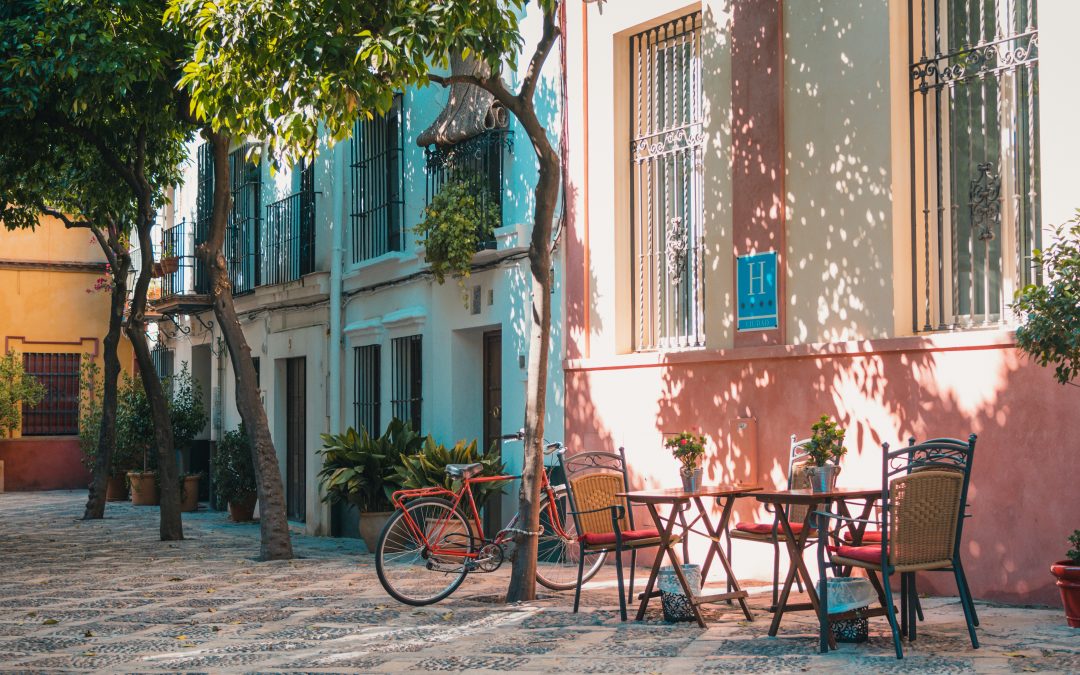Imagine embarking on a journey through time, where each step unveils a new treasure, a snippet of history that narrates stories of love, bravery, tragedy, and triumph. This is the essence of Spanish literature, a realm filled with masterpieces that have shaped Spain’s cultural landscape and left an indelible mark on global literary heritage. Let’s embark on this literary voyage and uncover the charm and depth of Spain’s greatest works, penned by authors whose voices continue to echo through time.
1. “Don Quijote de la Mancha” (Don Quixote) by Miguel de Cervantes
Often celebrated as the first modern novel, “Don Quijote de la Mancha” is a timeless masterpiece. It narrates the adventures of a nobleman, driven by the desire to revive chivalry, and his loyal squire, Sancho Panza. This work, parodying chivalric novels, delves into reality versus illusion, prompting readers to question their perceptions.
2. “La vida de Lazarillo de Tormes” (The Life of Lazarillo de Tormes) (Anonymous)
Pioneering the picaresque genre, this anonymous work provides a satirical look into 16th-century Spanish society through Lazarillo’s eyes, a boy serving various masters. It vividly depicts the lower classes’ struggles and strategies, challenging established social norms.
3. “Libro de la vida” (The Book of Life) by Santa Teresa de Ávila
This spiritual autobiography by Santa Teresa de Ávila, a revered Spanish saint, is also a significant literary work. It offers insights into her spiritual journey, blending mysticism with personal reflections.
4. “Fuenteovejuna” (Fuenteovejuna) by Lope de Vega
Authored by the prolific Lope de Vega, this play explores justice, tyranny, and community resistance. Set in a village rebelling against an oppressive ruler, it remains a potent commentary on social and political issues.
5. “El burlador de Sevilla” (The Trickster of Seville) by Tirso de Molina
Introducing the legendary character Don Juan, Tirso de Molina’s play explores seduction, sin, and redemption. Don Juan has become a symbol of libertinism, influencing myriad literary and artistic works.
6. “La vida es sueño” (Life is a Dream) by Pedro Calderón de la Barca
This philosophical play, one of Calderón’s masterpieces, contemplates reality and the human condition. Through Prince Segismundo’s story, imprisoned due to a prophecy, it ponders fate, free will, and truth-seeking.
7. “El libro de buen amor” (The Book of Good Love) by Juan Ruiz
Penned by the Archpriest of Hita, this verse collection humorously and insightfully examines love and lust, merging religious and secular themes and celebrating human desires and follies.
8. “Poema de Mio Cid” (The Poem of the Cid) (Anonymous)
As one of Spanish literature’s earliest treasures, this epic poem chronicles the Castilian hero, El Cid’s, adventures during the Reconquista, reflecting chivalric values and serving as a detailed historical document.
9. “La Celestina” (The Celestina) by Fernando de Rojas
This tragic comedy, delving into lovers’, witches’, and servants’ lives, is famed for its complex plot and psychological depth. Celestina, a manipulative matchmaker, reveals the intricacies of human relationships and social conventions.
10. “Fortunata y Jacinta” (Fortunata and Jacinta) by Benito Pérez Galdós
This novel, a cornerstone of 19th-century Spanish literature, offers a detailed depiction of Madrid’s society. Through the contrasting lives of Fortunata and Jacinta, it examines themes of class, love, and social change.
These are, of course, just a few significant works, but to truly grasp the Spanish spirit and understand Spaniards, familiarizing yourself with some of these classics is essential. They not only entertain but also provide wisdom, courage, and a glimpse into the enduring human spirit.
At the end of your literary journey through these Spanish classics, we invite you to reflect and share: Which of these timeless works resonates with you the most, and why? Or is there another Spanish classic that has touched your heart or sparked your curiosity?

